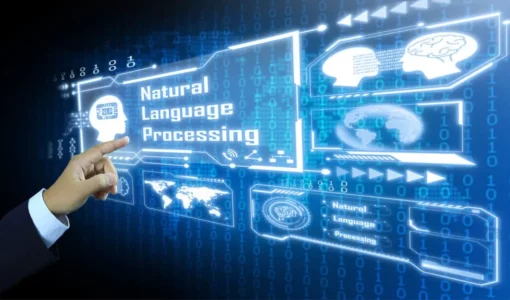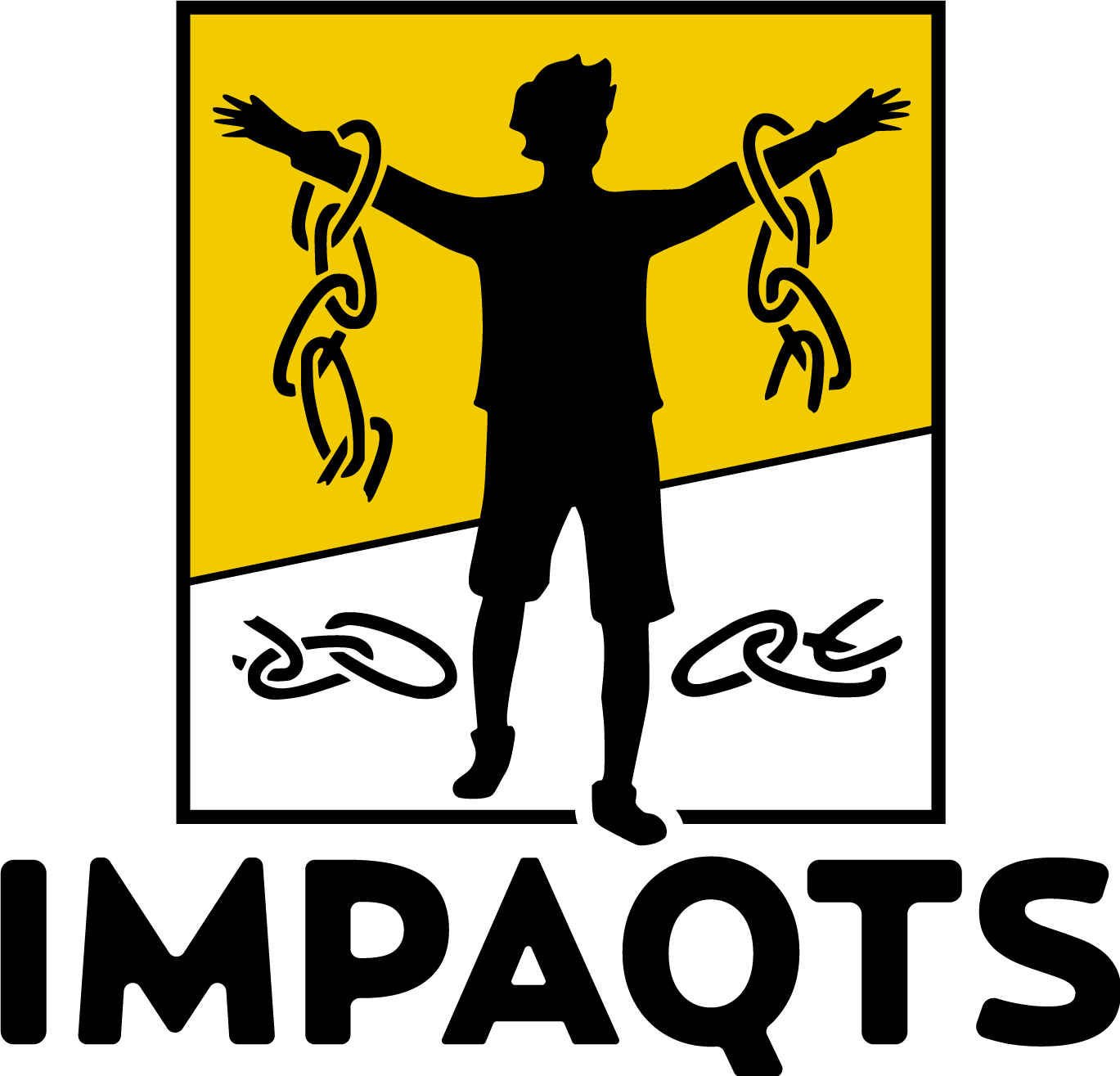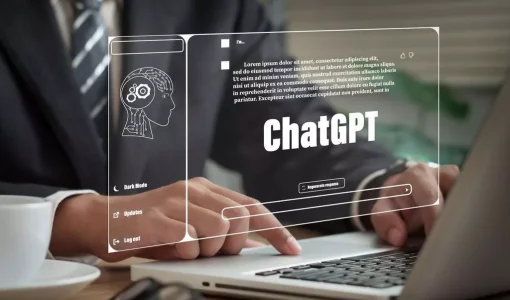
Its algorithm has a function that recognizes spoken words and responds appropriately to them. Sensely processes the data and information when patients report their symptoms, analyzes their condition, and proposes a diagnosis. A big challenge for medical professionals and patients is providing and getting “humanized” care from a chatbot. Fortunately, with the development of AI, medical chatbots are quickly becoming more advanced, with an impressive ability to understand the needs of patients, offering them the information and help they seek.
- In addition, chatbots can also be used to grant access to patient information when needed.
- For example, if the specific part of your hospital only works for patient satisfaction and reporting time, waiting time is zero, with the least effort, and patients will get the response to the queries.
- Healthcare chatbots use artificial intelligence, natural language processing, and machine learning to provide smarter and more natural responses.
- In addition, virtual assistants can automate in-person visits and remote delivery of healthcare services via telephone.
- The chatbot can also provide reminders to the patient when it is time to refill their prescription.
- When it is your time to look for a chatbot solution for healthcare, find a qualified healthcare software development company like Appinventiv and have the best solution served to you.
The healthcare chatbot can then alert the patient when it’s time to get vaccinated and flag important vaccinations to have when traveling to certain countries. After the patient responds to these questions, the healthcare chatbot can then suggest the appropriate treatment. The patient may also be able to enter information about their symptoms in a mobile app. With AI technology, chatbots can answer questions much faster – and, in some cases, better – than a human assistant would be able to.
Chatbots In Healthcare: Benefits & Use Cases
They may even instruct autistic people on how to improve their social skills and do well in job interviews. Users can communicate with chatbots through text, microphones, and webcams. Chatbots are now increasingly used to analyze a patient’s symptoms and determine their medical condition without requiring them to visit a hospital. No of the range of inputs, creating NLP-based chatbots can assist in interpreting a patient’s needs. More precise reactions are essential when assessing the symptoms, and NLP can aid with that.
Global Healthcare Chatbots Market Forecast 2023-2032 – Market Size, Drivers, Trends, And Competitors – EIN News
Global Healthcare Chatbots Market Forecast 2023-2032 – Market Size, Drivers, Trends, And Competitors.
Posted: Mon, 12 Jun 2023 14:53:00 GMT [source]
Whereas early chatbots used pre-scripted dialogue and didn’t perform well when users deviated from that script, today’s chatbots are taking advantage of AI to improve their performance the more they are used. This healthcare lead generation chatbot provides instant conversational responses and makes connecting simple for patients. And also, it can help care healthcare providers to surpass patient expectations and improve patient outcomes. Basically, with the use of chatbots, patients can contact doctors easily and can get all-in-one solutions.
Appointment Booking Chatbot for Doctor Consultation
It’s set up for text and video messaging virtual consultations with doctors and health care professionals. In which doctors listen and look carefully to diagnose the patient via video chat. Experienced doctors and scientists created Babylon’s AI system to provide medical advice based on the user’s personal medical history metadialog.com and general medical knowledge. As AI technology continues to improve, chatbots will become more intelligent and be able to handle more complex medical cases. Chatbots will also become more integrated with other healthcare technologies, creating a seamless experience for patients and healthcare professionals.
The Informatica platform is available as a chatbot or a voice-based application both online and on mobile platforms. Due to the personalized interactive interface that chatbots provide, they are becoming more popular in healthcare. Doctors, nurses, patients, and their families are increasingly using chatbots. Healthcare chatbots are taking up the role of Digital Personal Assistants. Chatbots ensure that patient pathways are well-organized, manage medications, and provide emergency or first-aid assistance. Chatbots relieve medical professionals of some of their responsibilities by providing advice on common medical problems.
Become a Mental Health Buddy
They will need to carefully consider various factors that can impact the user adoption of chatbots in the healthcare industry. Only then will we be able to unlock the power of AI-enabled conversational healthcare. An AI-enabled chatbot is a reliable alternative for patients looking to understand the cause of their symptoms. On the other hand, bots help healthcare providers to reduce their caseloads, which is why healthcare chatbot use cases increase day by day. In the end, it’s important to remember that there are pros and cons to every technology.
Additionally, it is important to ensure that the chatbot is constantly updated with the latest information so that users can be confident in its accuracy. The future is now, and artificial intelligence (AI) technologies are on the rise. Chatbots have been introduced in many industries to automate and speed processes up by using chat technology that uses natural language processing and machine learning.
Customer support
One of the advantages of healthcare chatbots is their ability to scale more efficiently than humans. Doctors spend most of their time seeing patients in person or on the phone, but these interactions are limited by geography and availability. One stream of healthcare chatbot development focuses on deriving new knowledge from large datasets, such as scans.
Chatbots are also more realistic and informative because of the close relationship between medical centers and technological service providers. In addition, a larger investment in healthcare infrastructure is also driving market growth. The region’s growth rate is primarily driven by rising internet connectivity, smart device adoption, rising technology adoption and increasing trust in virtual assistants.
How to Choose an AI Chatbot for Your Healthcare Organization
It is used by leading healthcare companies such as Amgen, Minmed, Amref, and various others to optimize their healthcare practices. At any given time, a healthcare chatbot can be equipped with an SOS button which allows patients to reach out for immediate medical help. Apart from this, chatbots are capable of symptom assessment and even capable of immediately looping in a physician whenever necessary. You can design chatbots in healthcare to ask patients the kind of therapy they’d like to select from (for instance – Cognitive Behavioral Therapy, Dialectical Behavioral Therapy, Drug, and Alcohol Therapy, etc.). They can also choose their preferred therapist and a convenient day and time for their appointment.
Guide patients to the right institutions to help them receive medical assistance quicker. Give doctors and nurses the right tool to automate repetitive activities. Let them use the time they save to connect with more patients and deliver better medical care. With a team of meticulous healthcare consultants on board, ScienceSoft will design a medical chatbot to drive maximum value and minimize risks. A chatbot can send reminders like taking medication or measuring vitals to patients.
2 ADA HEALTH
Florence is referred to as “Your personal health assistant” by many people. Florence is a reminder bot used on Facebook Messenger, Skype, or Kik to remind users to take their medications. To allow the chatbot to send reminder messages on chat, users must write the name of the medicine and the frequency and time of daily dosage in the Florence chat.
- It helped calm everyone down and make sure everyone had the right information they needed.
- Not to forget outbreak of Covid-19 forced the use and installation of telemedicine in several healthcare facilities around the world.
- The ability to have your questions answered instantly by a chatbot makes it easier for people to find answers and get back to what they were doing.
- The app enables the user to find, share the clinical notes, and follow up with the doctors based on the health concern.
- Businesses are benefiting from using these AI-enabled virtual agents to automate their normal processes and give customers round-the-clock attention.
- Talking to different service lines, administrators and folks at the contact center will help your chatbot learn and prepare for the type of questions different stakeholders receive from patients and visitors daily.
Adding a chatbot to your health system website might seem daunting, but all it takes is the right combination of preparation, training, and asking the right questions. Chatbots are integrated into the medical facility database to extract information about suitable physicians, available slots, clinics, and pharmacies working days. Furthermore, Rasa also allows for encryption and safeguarding all data transition between its NLU engines and dialogue management engines to optimize data security.
Smoothing insurance issues
The AI chatbot is a tool that responds to your queries by collecting data from already stored databases like OpenAI’s ChatGPT or in real-time from the internet like Google BARD. In short AI chatbot is a computerized tool intended to have an interactive discussion with human operators. Chatbots can perform many functions in healthcare that can be of benefit to both patient-consumers and healthcare systems. Now that you know where and why you should use a chatbot, you should also know how to build one. With BeKey, you can easily create a HIPAA-compliant chatbot for your healthcare service and customize your healthcare software to suit your needs.
Healthcare chatbots must comply with data privacy and security regulations such as HIPAA. The Cancer Chatbot is a helpful tool on Facebook Messenger for people dealing with cancer and their loved ones. The chatbot provides a wealth of information, including chemo survival strategies and access to free support services, to its users. As indicated above, Woebot bills itself as “the future of mental health,” and from all appearances, that may very well be the case. The chatbot is trained in Cognitive Behavioural Therapy (CBT) and will listen to and offer advice to anyone who approaches it for assistance.
What problems do chatbots solve?
- Guide a visitor to the right place on your site.
- Identify the best product or service for their needs.
- Gather contact information for sales and retargeting.
- Gather data about customer interests and behaviour.
- Qualify a them a MLQ or SQL and link them up to a sales rep.
Chatbots that run on cloud-based platforms provide multiple benefits such as easy scalability and management capabilities. Cloud-based platforms enable a quick deployment of Healthcare Chatbots to increase productivity. Botpress is an inclusive and open-source conversational AI platform for developers who wish to create chatbots for healthcare or any number of other industries. Our platform’s natural language understanding supports more than 20 languages, and the conversation studio allows you to seamlessly translate from one language to the other without creating multiple chatbots.
What are the 4 types of chatbots?
- Menu/button-based chatbots.
- Linguistic Based (Rule-Based Chatbots)
- Keyword recognition-based chatbots.
- Machine Learning chatbots.
- The hybrid model.
- Voice bots.
Undoubtedly, chatbots have great potential to transform the healthcare industry. They can substantially boost efficiency and improve the accuracy of symptom detection, preventive care, post-recovery care, and feedback procedures. The healthcare sector has turned to improving digital healthcare services in light of the increased complexity of serving patients during a health crisis or epidemic. One in every twenty Google searches is about health, this clearly demonstrates the need to receive proper healthcare advice digitally. However, this also means that many companies rely on big data and AI to provide their services. They use it as a means to gather personal information about their customers and patients to improve their services.
- Register to get self-paced training, access tutorials and useful resources.
- A healthcare chatbot can accomplish all of this and more by utilizing artificial intelligence and machine learning.
- Chatbots aid patients to manage their own care and increase engagement in treatment procedures.
- Then, locate the nearest pharmacy or doctor’s clinic in the event of an emergency.
- Chatbots can also provide helpful information about particular conditions or symptoms.
- During the Covid-19 pandemic, WHO employed a WhatsApp chatbot to reach and assist people across all demographics to beat the threat of the virus.
Thus, responsible doctors monitor the patient’s health status online and give feedback on the correct exercise. Over the past two years, investors have poured more than $800 million into various companies developing chatbots and other AI-enabled platforms for health diagnostics and care, per Crunchbase data. After making a short scenario, the chatbot takes control of the conversation, asking clarifying questions to identify the disease.
Healthcare Chatbots Market is Expected to Reach USD 1213 million … – Digital Journal
Healthcare Chatbots Market is Expected to Reach USD 1213 million ….
Posted: Tue, 06 Jun 2023 08:15:54 GMT [source]
What is chatbots used for?
Chatbots are conversational tools that perform routine tasks efficiently. People like them because they help them get through those tasks quickly so they can focus their attention on high-level, strategic, and engaging activities that require human capabilities that cannot be replicated by machines.

